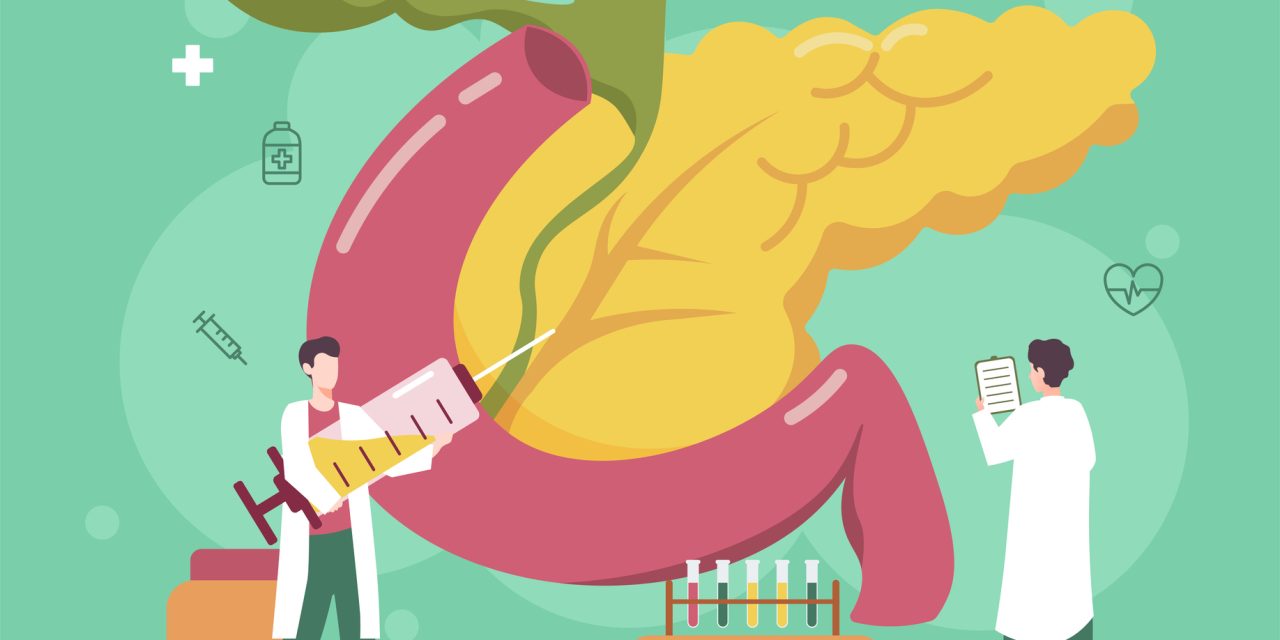The menopause transition is associated with an increased risk of depression. While the mechanisms behind this increased risk are not well understood, the changing perimenopausal hormonal environment has been hypothesized to play a role. The current study examined the potential influence of testosterone and the ratio of testosterone to estradiol as a potential contributor to depressed mood in the menopause transition.
Fifty non-depressed perimenopausal women ages 45-55 were recruited for this study. Once every 3 weeks, for a total of four times, the women completed the Centre for Epidemiological Studies-Depression (CES-D) scale for the measurement of depressive symptoms and provided a first-morning urine sample for the measurement of urinary testosterone as well as estrone-3-glucuronide (E1G), a urinary metabolite of estradiol. The week-to-week and mean effects of testosterone, E1G, and the testosterone/E1G ratio on CES-D score were examined. Self-reported sleep quality and vasomotor symptoms were also assessed at each of the four time points.
Testosterone levels rose with increasing months since last menstrual period associated with testosterone levels (β(SE) = 175.3(63.2), p = .006), though this effect was moderated by body mass index (p for the interaction = .001) such that overweight women showed a less pronounced increase over time. Past and current smokers also had higher testosterone levels compared to never smokers. Week-to-week testosterone/E1G ratio was positively associated with CES-D score (β(SE) = 1.57(0.76), p = .041) but not sleep quality or vasomotor symptoms (ps > .05). Mean testosterone/E1G ratio was also positively associated with vasomotor symptom bother (β(SE) = 0.14(0.06), p = .018) and poorer sleep quality (β(SE) = – 0.34(0.09), p = .0001).
These results suggest that, within the context of the menopause transition, times that are characterized by a higher testosterone-to-estradiol ratio may be associated with higher depressive symptoms. Perimenopausal women with a higher average ratio of testosterone relative to estradiol may also experience more sleep difficulties and vasomotor symptom bother.
© 2021. The Author(s).
Testosterone and depressive symptoms during the late menopause transition.


